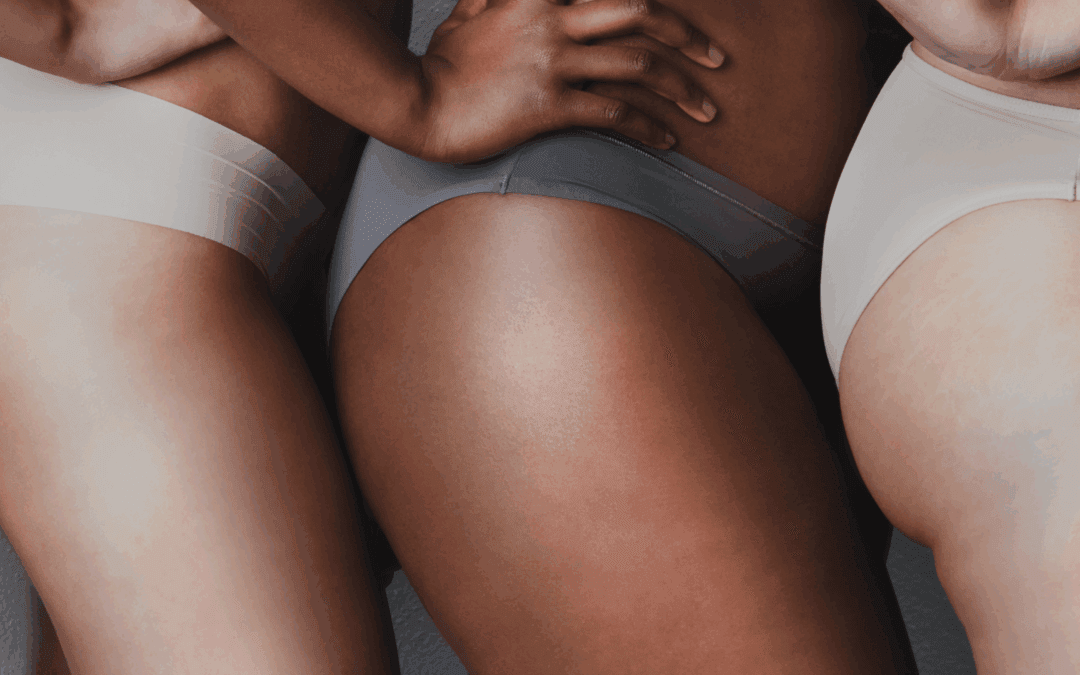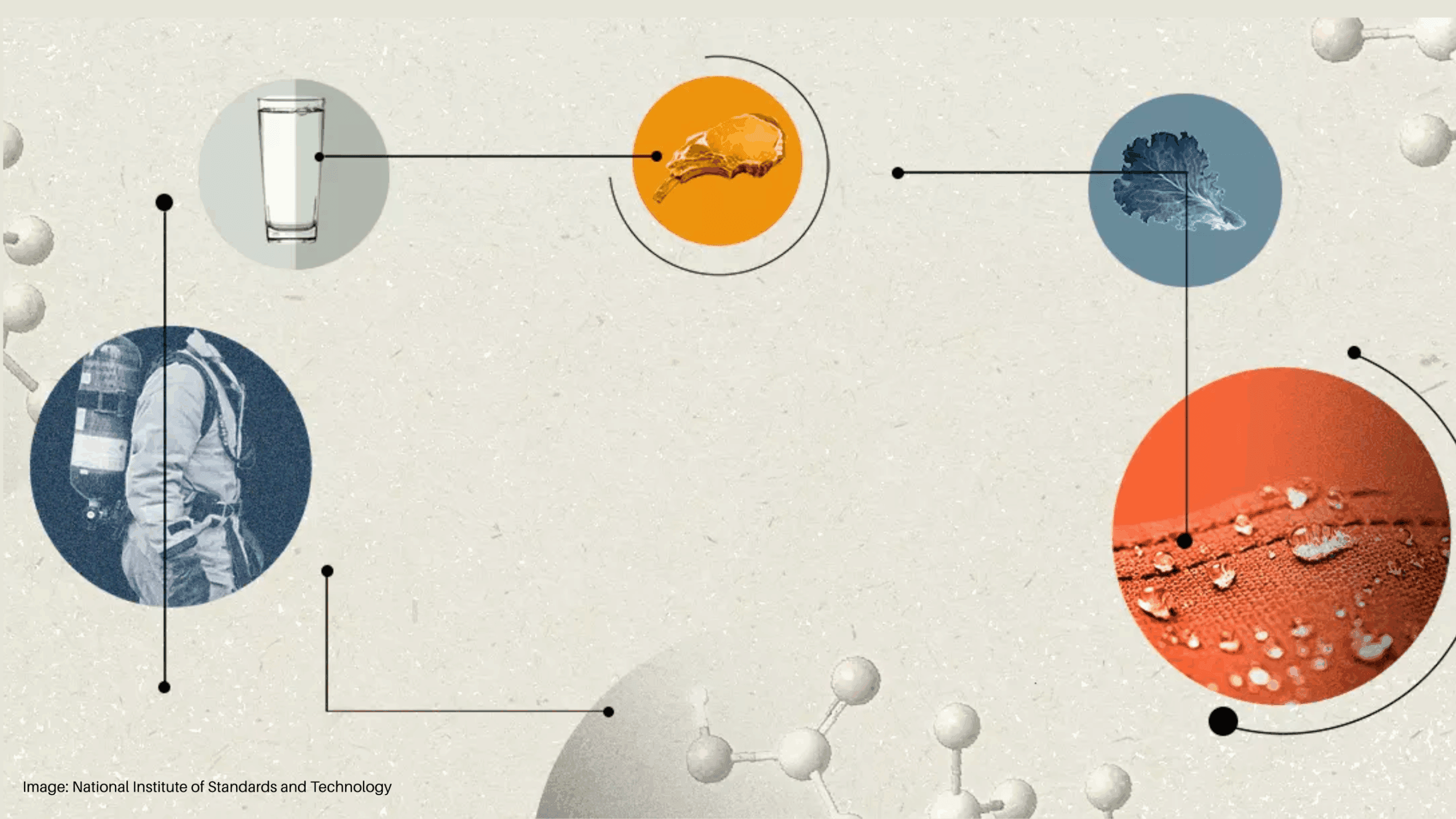Ahead of the Spring Budget, the British Beauty Council is urging the UK Government to reconsider the re-introduction of tax-free shopping for overseas visitors. Evidence suggests that the removal of this retail perk has had diverse consequences – both direct and indirect – on the beauty industry
Following its call for the reinstatement of VAT-free shopping in a mayoral letter alongside key retail businesses, the British Beauty Council is urging the government to rethink the matter in the Spring Budget.
In its submission of recommendations to the Treasury for the upcoming announcement, the British Beauty Council states its push for the ‘reintroduction of tax-free shopping for international visitors’, arguing that this will ‘increase revenue to the retail sector as well as hair and beauty services, tourism and hospitality sectors; and also re-establishing the UK as an essential place to visit for overseas travellers’.
Chief Policy Officer Victoria Brownlie said: ‘The Council has called on the Treasury to relook at the benefits of instating tax-free shopping for tourists coming to the UK. This would not only help retailers by improving footfall and spend in their businesses, but also the wider beauty sector with these overseas visitors also utilising salons, spas and other services.
‘We’re not alone here, other industries are also stressing the difference this could make to bars and restaurants, theatres and tourist attractions. All are feeling the strain of COVID debt, cost of living pressures, supply cost increases, energy cost hikes – encouraging those from overseas to spend here at a time when people are keen to travel again post lockdowns would have significant benefits to businesses and, by default, the Exchequer.’
A recent study by Oxford Economics suggests that the full impact of the policy on Treasury revenues would be a net positive of £350m each year. The Council has therefore stressed this to Government, highlighting it as an easy-win measure which would ease the current burden on businesses and show the rest of the world that the UK is open to visitors.
What are the direct impacts of tax-free shopping on beauty businesses?
The reintroduction of VAT refunds has undoubted benefits for beauty retailers. In a study by tax-free shopping business Global Blue in 2019, 93% of international travellers said they would be less likely to shop in the UK if they couldn’t reclaim VAT, heading to France and Italy instead.
What’s more, a survey of 45,000 international shoppers showed that following the UK’s abolition of tax-free shopping on 1st January 2021, 90% of those who have shopped tax-free in the UK over the last two years intend to choose an alternative destination for their next shopping trip, despite a large number of them still considering visiting the UK.
It is also important to consider the importance of duty-free shopping to UK airports. In a recent investigation, the Association of International Retail cites that: ‘UK regions gain most from reintroducing tax-free shopping because Britain would become the only major European country where EU residents could shop tax-free, opening-up a whole new market for regional airports and the areas they serve.’
These stats are indicative of the direct loss of sales caused by the lack of tax-free shopping available in the UK. In light of rising production and energy costs, alongside the impending end of Business Rates Support in the next 12 months, the reintroduction of tax free-shopping could provide a direct lifeline for British brands.
Here’s how tax-free shopping also affects salons, spas and wellness spaces
It’s not all about direct sales impact, the services that tourists don’t pay tax on are being affected too. The impact of falling sales in the capital for example, not only affects London stores but also where products are manufactured, with potential job losses and factory closures.
The reintroduction of the measure is an important draw for international visitors from China, the Middle East and the US when choosing their travel destination. And, once they are here, travellers spend money on visiting spas and making the most of their hotel stays with in-house salons.
In 2020, the Global Wellness Institute rated the UK as the ninth most affluent destination for wellness tourism, with the industry valued at $9bn. The treasury is neglecting to realise the beneficial impact of reintroducing tax-free shopping on wellness tourism, which makes a significant contribution to GDP.




